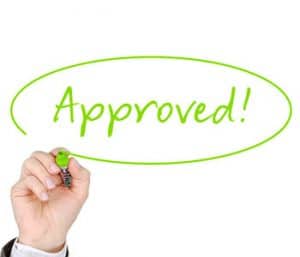Notice: Due to COVID-19, we will be conducting all consultations via Zoom and telephone. We are open and here to help people in these trying times.
Please don’t hesitate to call us if you have any questions!

Debt consolidation uses a single loan or form of credit to pay off all your debt in one lump sum. The goal of debt consolidation is to find the lowest interest rate available on a loan, so you pay off your debt and then have a single monthly lower payment. You save money on interest, find an easier way to manage your budget, and maintain a good credit rating.
Unfortunately, debt consolidation is only available for those who have managed to keep a healthy credit report. If you have a low credit score, it can become more difficult to qualify for a debt consolidation loan. It’s always best to consider debt consolidation while you are still able to pay your creditors but are finding it more and more difficult.
You have two options for debt consolidation:
In both cases, you receive a lump sum of money from the lender, which is paid directly to your existing creditors. You then pay one monthly payment to the debt consolidation company until it is repaid in full.
Consolidating your debt through a second mortgage or a home equity line of credit uses the equity built up in your home as collateral against the loan. While this sounds like an easy option, you should remember your home is being put on the line. Because it is a form of mortgage, if you don’t make your payments, the lender can take your home.
Additionally, if you have higher equity in your home than the Illinois home exemption provides, you might lose your protection should you file for bankruptcy. Always understand your rights as a consumer before committing to this type of loan.
Here are the pros and cons of debt consolidation:
While debt consolidation is one of the best ways to avoid drastic measures such as filing for bankruptcy, it’s important to be an educated consumer in order to make smart decisions.
If you have questions about debt consolidation, schedule a consultation with our team by calling (847) 440-5998 or contacting us online.